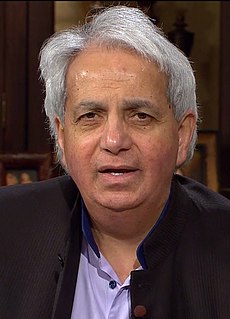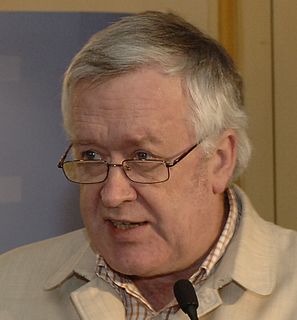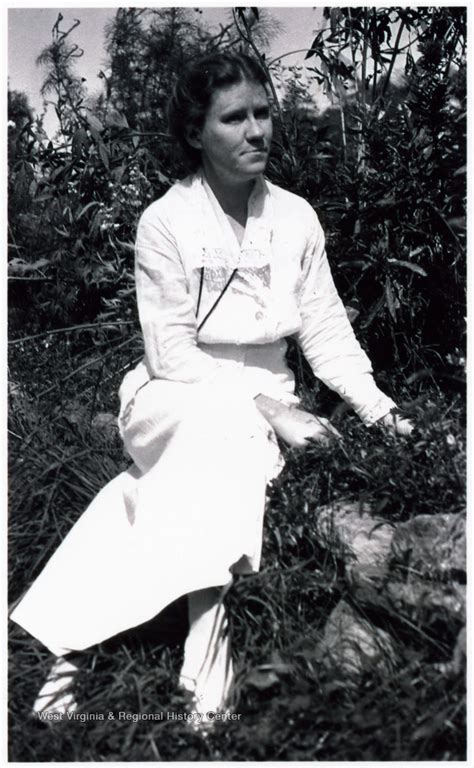A Quote by Henry Ward Beecher
Beauty may be said to be God's trademark in creation.
Related Quotes
It is an extraordinary and beautiful thing that God, in creation. . . works with the beauty of matter; the reality of things; the discoveries of the senses, all five of them; so that we, in turn, may hear the grass growing; see a face springing to life in love and laughter. . . The offerings of creation. . . our glimpses of truth.
Christianity sees plants and flowers as created by God to show forth and share with humans the divine goodness, beauty and truth - the purpose of all Creation. In this flowers may be enjoyed simply and directly in themselves as showing forth God's goodness and beauty, or, more fully, as archetypes, signatures, symbols, and bearers of legends, mirroring the revealed articles of Christian faith - thereby serving as means for their teaching, recollection, contemplation and celebration.
The whole story of creation, incarnation, and our incorporation into the fellowship of Christ's body tells us that God desires us, as if we were God, as if we were that unconditional response to God's giving that God's self makes in the life of the Trinity. We are created so that we may be caught up in this, so that we may grow into the wholehearted love of God by learning that God loves us as God loves God.
The reasons are likely rooted in religion. Playing around with God's creation is simply not allowed. Incidentally, in the past it was precisely the deeply religious people who said: Of course we're playing with God's creation, in fact we're perfecting it. This sort of thinking is frowned upon today.
One of the things that's happening to a lot of us is that there's this vision of the beauty of God that transports us and that takes us to a new depth and a new height. It's one of those things about beauty. You can't capture it in a word or a formula. When you get to that humble place where the beauty of God has overwhelmed you, I think it changes everything. You can say the same creed that you said before, but now it's not a creed that grasps God in the fist of the words, but it's a creed that points up to a beauty that's beyond anybody's grasp.
This word "description" may be disconcerting when used to refer to what is generally called a translation. But when one wishes to render a verbal creation (as opposed to a didactic statement) from one language to another, he is confronted with two equally unsatisfactory choices. He may, according to his talents, elaborate a similar, but never identical creation, or he may describe that creation as completely as possible in his own language.
Whether it's a pebble in a riverbed or a soaring mountain peak, I see everything in the world as the handiwork of the Lord. When I paint, I try to represent the beauty of God's creation in my art. Many modern painters see the world as a jumble of random lines and shapes with no divine beauty or order, and their works reflect their viewpoint. Because I see God's peacefulness, serenity, and contentment, I work to capture those feelings on the canvas. My vision of God defines my vision of the world.
Doubtless almost any intense emotion may open our 'inward eye' to the beauty of reality. Falling in love appears to do it for some people. The beauties of nature or the exhilaration of artistic creation does it for others. Probably any high experience may momentarily stretch our souls up on tiptoe, so that we catch a glimpse of that marvelous beauty which is always there, but which we are not often tall enough to perceive.






































